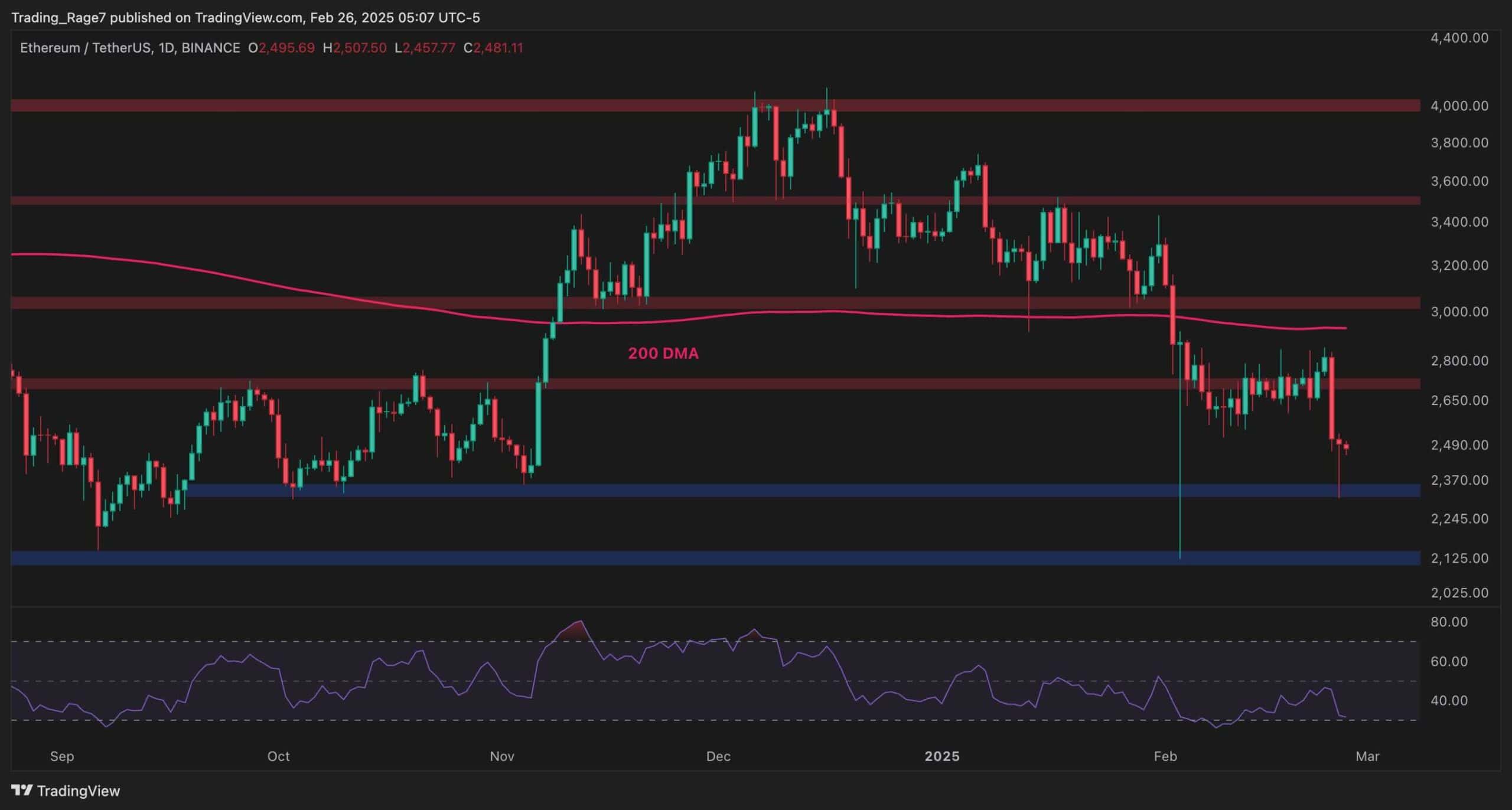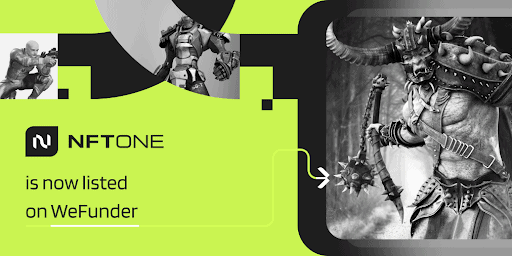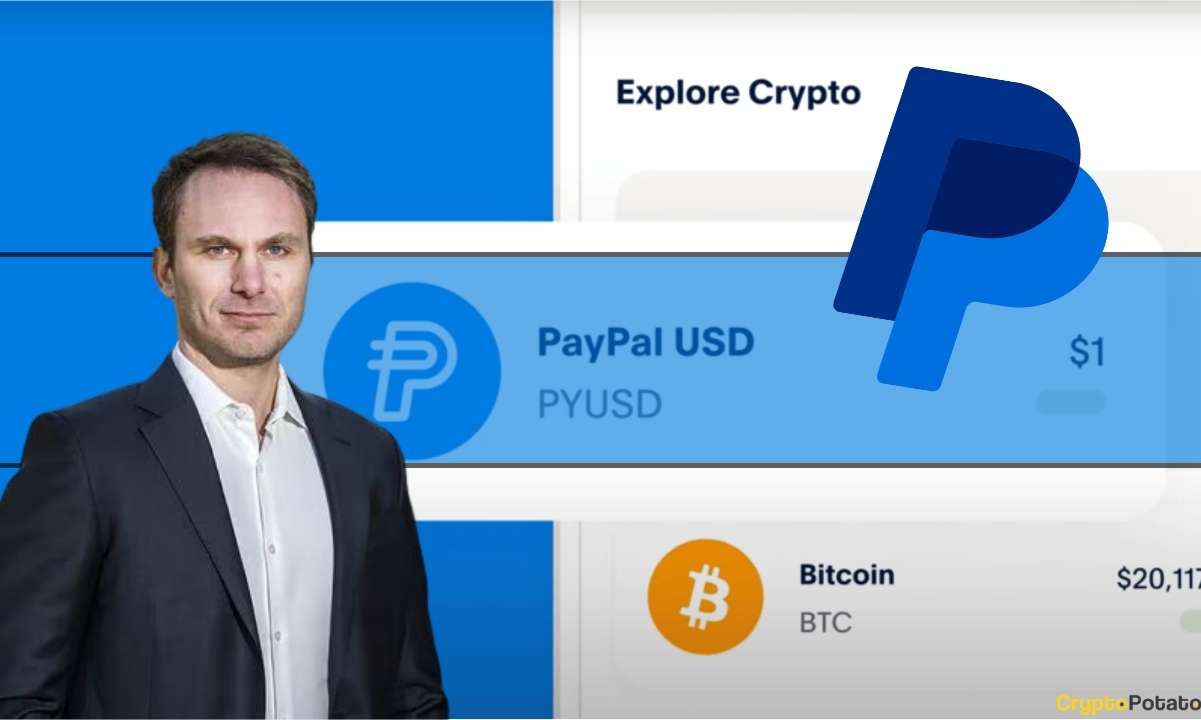Chaingateway: Bridging the Real World and Crypto
There’s no denying that cryptocurrencies are taking over the global financial industry. Millions of people use them on a daily basis and the field has grown tremendously, especially in the past couple of years.
A lot of blockchain API platforms have also appeared on the market as a way to cater to the needs of crypto users. One platform that’s attempting to make strides in this field is Chaingateway.
What is Chaingateway?
Chaingateway is a REST API that allows registered users to interact with the Tron, Binance Smart Chain and Ethereum blockchain. Users don’t need to use e-wallets to send coins manually to a certain number of addresses as the process is automated.
It also connects with the Ethereum API to securely store and manage Ethereum funds. There are tons of services that this blockchain API provides its users with and that includes:
- Send Tron, BNB, Tokens, or Ethereum
- Check Coin and Token balances
- Get info on transactions
- Create Tron, BSC and Ethereum addresses
- Get webhooks on coin and Token deposits
The team at Chaingateway believes that there’s no need for applications to be fully decentralized. By using a bridge to the normal web, developers can integrate a simple REST API to use blockchains in any way that they want without worrying about high fees, infrastructure, or security.

Chaingateway and Its Features
By connecting to the Ethereum, BSC and Tron API, Chaingateway features many functions such as sending and receiving cryptocurrencies automatically, getting the latest exchange rates on ETH/Euro, TRX/USD, TRX/Euro and ETH/USD, generating Tron addresses, get info on Ethereum blocks by number or hash, and so on.
All Tokens that follow ERC20, TRC20, TRC10, TRC721, ERC721, BEP-721 or BEP-20 standard are supported at Chaingateway.
All of the requests to this blockchain API are made and returned in JSON by using HTTP POST. The API key is used by Chaingateway to see who is accessing it and to count the account’s requests.
The solution is compatible with a majority of stablecoins and the team is doing a lot to make sure that it’s updated.
Fees and Security
Fees are undoubtedly an important part of transacting and trading and some of the blockchains, such as Ethereum, are known for their notoriously high fees. The Chaingateway API charges relatively small fees which is a considerable advantage. THere’s a monthly subscription for using the API and no subsequent transaction ees.
In terms of security, it’s important to note that for the transaction to execute, it has to be signed with a private key or a password – both of which the user is the sole owner of. Therefore, regular security tips apply.
In Conclusion
It’s worth noting that should the user has any question, the customer support is there to help and address all potential issues. Registering for the API is also quite easy and can be done through the official website.
Once completed, users are able to connect with the BSC API, the Ethereum API, as well as the Tron API to use all of the services of the platform.









